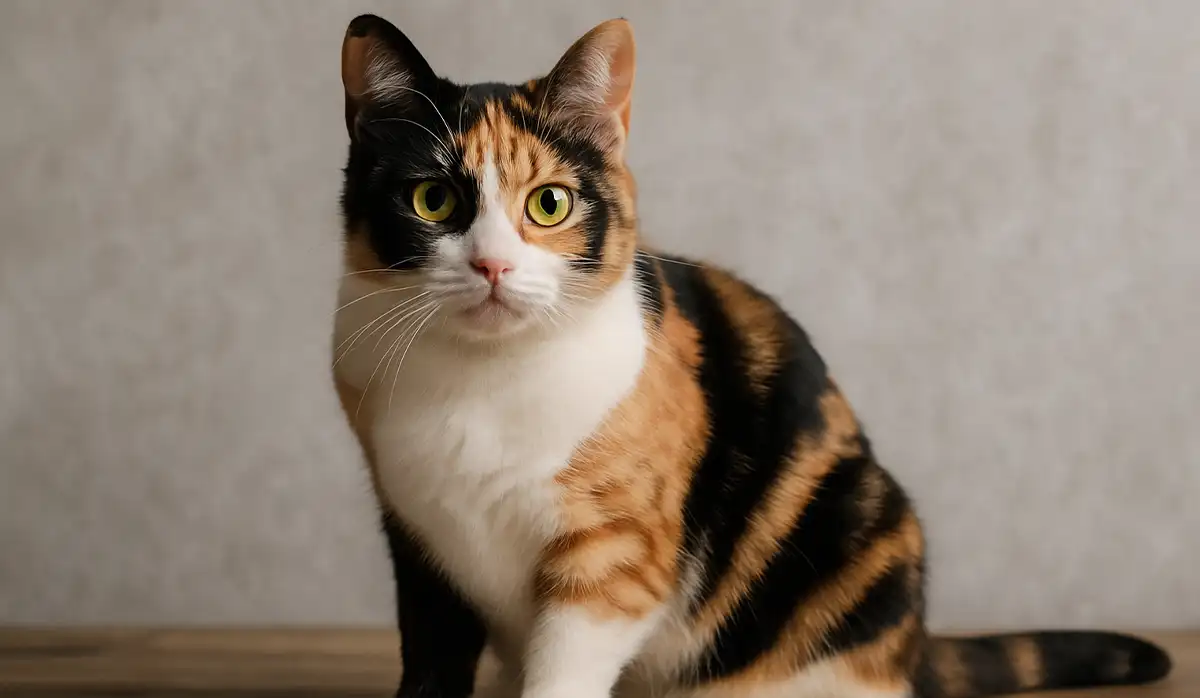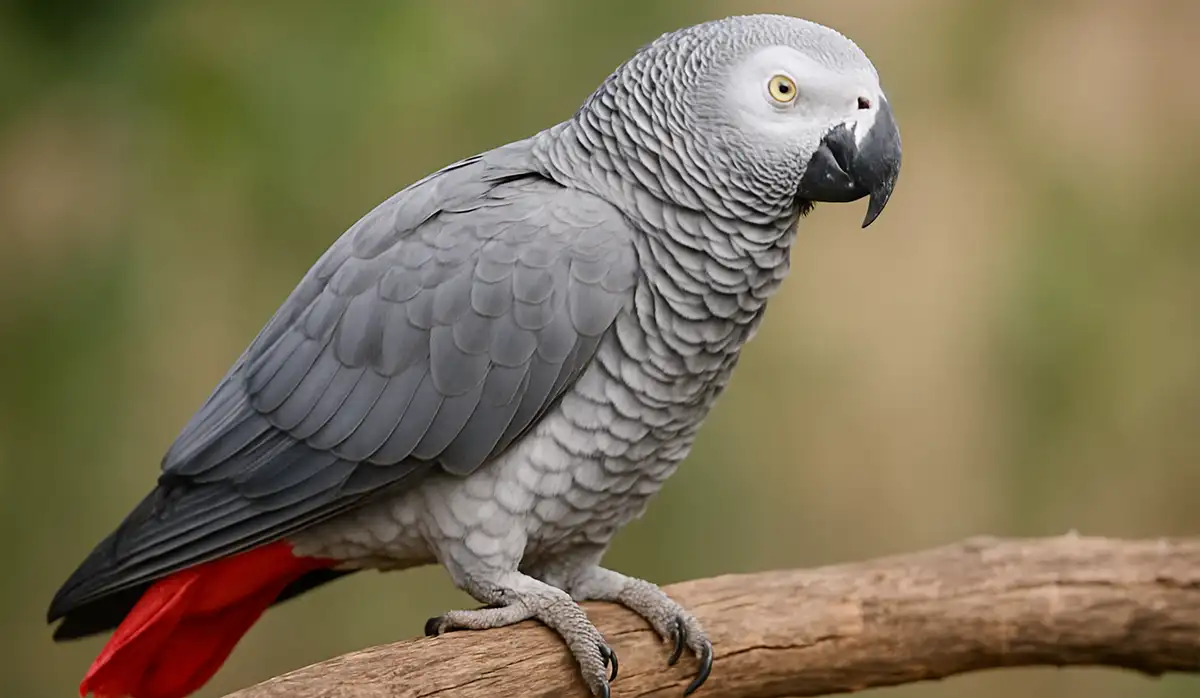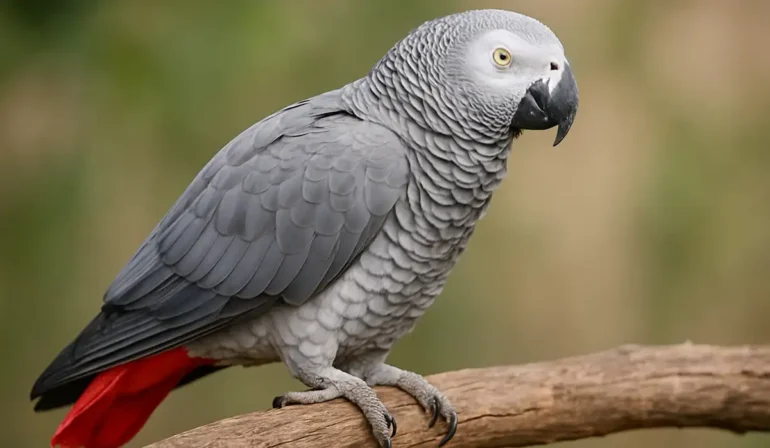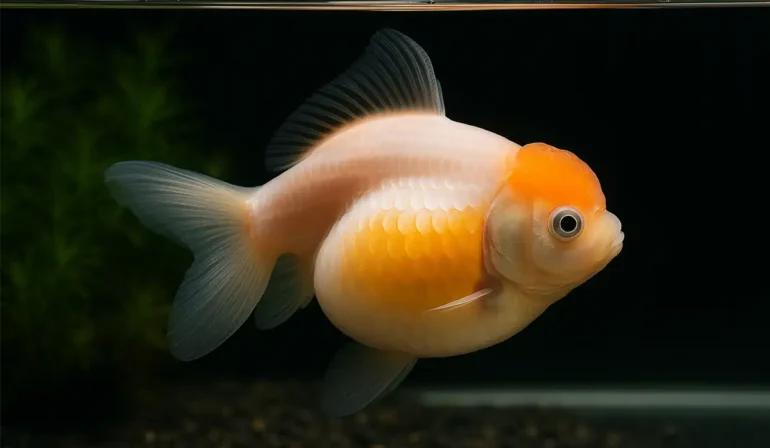The Ultimate Guide to Calico Cats: Traits, Myths, and Why They’re So Special
By Pet Luvz on June 15, 2025

Calico cats aren’t just eye-catching—they’re captivating. With their vibrant coats, mysterious genetics, and a touch of folklore in their paws, calicos have captivated cat lovers worldwide for centuries. But what exactly makes a calico cat so special? Why are male calicos considered unicorns in the feline world? And is there such a thing as “calico-tude”?
Table of Contents
In this all-in-one guide, we’re diving into everything you’ve ever wanted to know about calico cats. From their rare genetic makeup and bold personalities to their deep-rooted symbolism in different cultures, you’ll discover why these multicolored marvels are so adored. Whether you already have a calico companion or are just curious about them, this article is packed with fascinating facts, practical tips, and fun stories that will make you fall in love with calicos all over again.
Let’s unravel the colorful mystery behind calico cats—one paw print at a time.
Read also: Easy Homemade Cat Food Recipes Your Kitty Will Love
What Makes Calico Cats So Unique?
Let’s be honest—calico cats are walking works of art. Their coats are a patchwork of fiery oranges, creamy whites, and mysterious blacks, making every calico as unique as a fingerprint. But there’s more to these beauties than just their looks. From genetic marvels to cultural icons, calico cats are truly remarkable.
Understanding Calico Cats
What is a Calico Cat?
Calico doesn’t refer to a breed—it’s all about the color pattern. A calico cat features three colors: white, black, and orange (or their diluted versions like gray and cream). This stunning combination gives calicos their unmistakable look.
The Genetics Behind Their Colors
The Role of X Chromosomes
Calico coloring is tied to the X chromosome. Since female cats have two X chromosomes, they can express both orange and black fur. Males, having just one X and one Y, usually don’t end up with this trifecta of colors.
Why Calicos are Mostly Female
Over 99.9% of calico cats are female. That’s because only two X chromosomes allow the mix of orange and black fur. Male calicos are usually genetic anomalies (XXY), and we’ll dive deeper into that shortly.
Not a Breed, But a Color Pattern
You won’t find a “Calico Cat” breed, but you will find calico-patterned cats across many breeds, including the Persian, American Shorthair, and Maine Coon.
Types of Calico Cats
Traditional Calico
Think vivid black, blazing orange, and snow-white patches. The classic look most people associate with calicos.
Dilute Calico
A softer, pastel version with gray, cream, and light white. It’s like your calico cat went through a vintage filter.
Patched Tabby Calico (Caliby)
These cats mix tabby stripes with the tri-color patches—basically, the wild child of the calico world.
Personality and Behavior
Are Calicos Spicy?
There’s a popular belief that calicos are fiery, stubborn, and full of attitude. Some call it “calico-tude.” While it’s not scientifically proven, many owners swear their calicos are full of sass and sparkle.
Independent But Loving
Calicos tend to be independent thinkers. They’ll demand attention on their terms but can be very affectionate with their chosen humans.
Temperament by Breed vs. Coat
Remember, calico is a color, not a breed. So personality often depends on the breed your calico belongs to—not the color alone.
Calico Cat Breeds
Breeds That Can Have Calico Coloring
Some popular breeds that come in calico include:
- American Shorthair
- Japanese Bobtail
- Persian
- Maine Coon
- Turkish Van
Can You Predict a Calico’s Personality?
Not exactly—but many owners say their calicos are intelligent, playful, and a bit diva-like.
Read more: Making Homemade Cat Food: Better, Easier, Happier
Calico Cat Myths and Cultural Beliefs
Japanese Maneki-Neko (Lucky Cat)
That beckoning cat you’ve seen in shops? That’s the Maneki-neko, often portrayed as a calico. In Japan, calicos are symbols of good luck and fortune.
Calicos in American Folklore
The sailors believed that Kariko’s luck could bring good fortune at sea and even drive away the storm!
Symbolism Around the World
From Ireland to Egypt, Kariko Katzens are often considered spiritual legal guardians and guardians against evil spirits.
Taking Care of a Calico Cat
General Health and Grooming
Calicos need the same TLC as any other cat. Brush them weekly, keep their litter box clean, and provide mental stimulation.
Diet Tips for Calico Cats
Feed a balanced diet suited to their age and weight. Avoid overfeeding—these beauties can be foodies!
Vet Checkups and Lifespan
Most calicos live between 12–16 years. Regular vet visits can keep them purring for a long time.
The Rare Male Calico
How Rare Are They?
Roughly 1 in 3,000 calico cats is male. If you find one, consider buying a lottery ticket too.
Why Male Calicos Are Usually Sterile
Male calicos have an extra X chromosome (XXY), making them sterile due to a condition similar to Klinefelter syndrome in humans.
Scientific Explanation
The color genes are located on the X chromosome. With two XSs, women can show both black and orange. Males rarely get two Xs, and when they do, it’s due to a genetic mutation.
Adopting a Calico Cat
Things to look for in animal shelters and breeders
Check for reputable shelters or TICA/CFA-registered breeders. Make sure the cat is healthy, socialized, and has no genetic red flags.
Choosing the Right Breed
Want a laid-back lap cat or a vocal chatterbox? Pick a breed that matches your lifestyle—and hope for calico coloring as a bonus.
Tips for First-Time Owners
Start with the basics: a safe space, quality food, a litter box, toys, and lots of love. Calicos are often independent but thrive with regular interaction.
Fun Facts About Calico Cats
No Two Are Alike
Each calico’s coat is one-of-a-kind. It’s like they’re wearing a designer outfit every day.
Calico Cats in Space?
Okay, not quite—but the Japanese sent a lucky calico figurine into orbit for good fortune.
They Can’t Be Cloned (Easily)
Due to the randomness of X-chromosome inactivation, cloning a calico doesn’t guarantee the same coat pattern.
Conclusion
Calico cats are more than just pretty faces. They’re walking mysteries packed with sass, science, and centuries of superstition. Whether you already have one or dream of bringing one home, there’s no denying that life is a little brighter (and spicier) with a calico around.
FAQs
1. Are Calico cats friendly?
Yes, many are! But like all cats, their temperament depends on their breed and environment.
2. Are all Calico cats female?
Nearly all—about 99.9% are female. Male calicos are genetic anomalies.
3. What makes Calico cats unique?
Their tri-color pattern, rarity of males, and genetic complexity make them stand out.
4. How long do Calico cats live?
With proper care, they typically live 12–16 years or more.
5. Can male Calico cats reproduce?
Rarely. Most male calico are infertile due to genetic makeup.
YOU MAY ALSO LIKE
Top Pick
-

7 Proven Benefits of Fresh Pet Dog Food for Daily Health
January 11, 2026
-

African Grey Parrot: A Smart, Loving, and Talkative Companion
July 22, 2025
-

5 Best Canister Filters for Crystal Clear Water in Your Pet Fish Tank
July 8, 2025
-

Is Pumpkin Good for Cats? Everything You Need to Know
July 5, 2025
-

Swim Bladder Treatment: Solutions for Aquarium Fish Health
July 3, 2025











